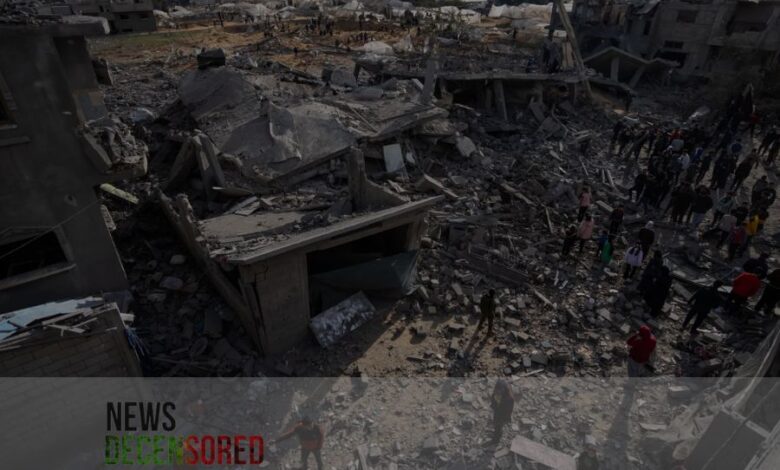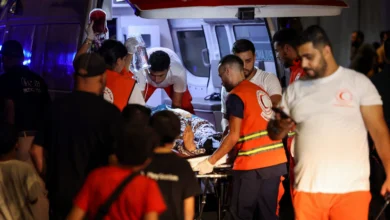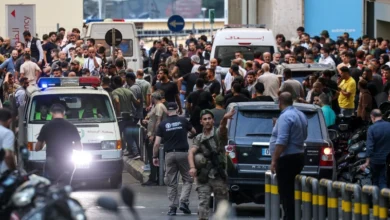Palestinian Leader Demands US Action to Halt Israel’s Offensive in Rafah

The Palestinian leader has made a plea to the United States to intervene and halt Israel’s military offensive in Rafah, a city in southern Gaza where over a million people have sought refuge. Mahmoud Abbas, the President of Palestine, stressed that only the US possesses the influence to prevent Israel from launching an attack on Rafah, which could result in a humanitarian catastrophe and mass displacement.
In his address at the World Economic Forum in Riyadh, Abbas highlighted the urgent need for US intervention, emphasizing the potential consequences of an Israeli offensive on Rafah. He emphasized that such an action could lead to a significant exodus of Palestinians from Gaza, exacerbating an already dire humanitarian situation. Abbas underscored the pivotal role of the US in preventing what he described as a potential “crime” against the Palestinian population.
President Joe Biden’s recent discussions with Israeli Prime Minister Benjamin Netanyahu regarding the situation in Rafah have garnered attention. While the specifics of Biden’s stance were not disclosed, it is evident that the US is closely monitoring the situation and urging Israel to consider the safety of civilians in any military action.
The conditions in Rafah are alarming, with more than half of Gaza’s population seeking refuge there. Reports indicate severe shortages of essential resources such as food, water, and medical supplies in makeshift camps, exacerbating the suffering of displaced individuals.
Amidst these developments, efforts to negotiate a ceasefire between Israel and Hamas have encountered obstacles. Divisions within Israel’s governing coalition have been laid bare, with conflicting views on the prioritization of military action versus diplomatic solutions. While some members advocate for a decisive military response to Hamas, others stress the importance of prioritizing the release of hostages and pursuing ceasefire negotiations.
External mediators, including Egypt and Qatar, remain crucial in facilitating dialogue between the conflicting parties. However, achieving a lasting ceasefire continues to be elusive due to the wide gap in demands and objectives between Israel and Hamas.
The plight of Palestinian refugees fleeing the conflict has also garnered international attention. Concerns have been raised about the potential for further displacement and the need to protect civilians by international humanitarian law.
As the situation in Rafah and Gaza remains precarious, the international community, particularly the United States, faces mounting pressure to intervene and prevent further escalation of violence. The need for a comprehensive and sustainable solution to the Israeli-Palestinian conflict has never been more urgent, with the lives and livelihoods of millions hanging in the balance.
Furthermore, the ongoing conflict has taken a devastating toll on both the Israeli and Palestinian economies, exacerbating poverty and unemployment rates in the region. The prolonged hostilities have disrupted vital infrastructure and hindered economic development, further deepening the humanitarian crisis. As the cycle of violence persists, the prospects for peace and stability in the region remain uncertain, underscoring the urgent need for concerted international efforts to address the root causes of the conflict and pave the way for a just and lasting resolution.




